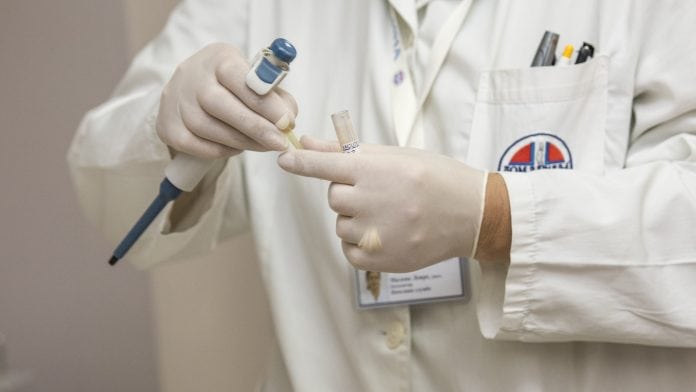
Scientists from Rigshospitalet in Copenhagen, Denmark, have taken steps towards developing an artificial ovary fertility treatment that could lead to improved fertility preservation treatments.
This new artificial ovary fertility treatment is aimed at helping women at risk of becoming infertile, such as those who have received chemotherapy.
Scientists removed parts ofd the ovary and altered them so that they could be transplanted later when the woman wants to conceive.
Who will this fertility treatment benefit?
Treatments for cancer such as chemotherapy and radiotherapy, can often damage ovaries, leaving women infertile.
One particular way women can preserve their chances of conceiving is with an ovarian tissue transplant;, this is where all, or part, of the ovary is removed or frozen before it is damaged so that it can be used at a later date.
This new artificial ovary fertility treatment is the only fertility preservation treatment available for girls who have not started ovulating.
Are there any risks and can they be avoided?
The researchers have said that although it is small, there is a risk that in those with cancer, the ovarian tissue may contain cancerous cells, raising the chances of it returning.
Although it is ‘very low’, the risk means that women with certain forms of cancer are unlikely to be offered the transplant.
To remove the risk, scientists from the Rigshospitalet in Copenhagen, took ovarian follicles and ovarian tissue from patients due to have cancer treatment. They then removed the cancerous cells from the ovarian tissue, leaving behind a ‘scaffold’ made of proteins and collagen.
In doing so, the researchers could grow the ovarian follicles on this engineered scaffold of ovarian tissue. This artificial ovary was then transplanted into mice, where it was able to support the survival and growth of the ovarian cells.
Stuart Lavery, consultant gynaecologist at Hammersmith Hospital, said to the BBC that the ovarian tissue transplants potentially contained thousands of eggs that would enable women to get pregnant “naturally”, as opposed to IVF where an egg is fertilised in a laboratory and then returned to the womb.
The research will need to be tested on humans first and is being presented at the annual meeting of the European Society of Human Reproduction and Embryology.









